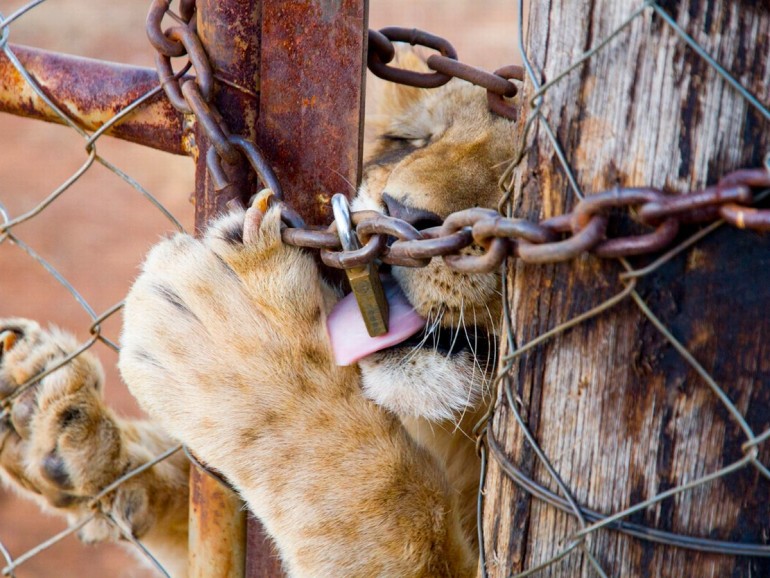Sponsored Listings:
On August 6, the High Court of South Africa handed down its judgement on lion bone exports between the National Council of SPCAs (NSPCAs) and the Minister of Environmental Affairs and the South African Predators Association.
The judgement found in favour of the NSPCA, and states that the quotas set for lion bone in 2017 and 2018 were unlawful and constitutionally invalid.
“It was further stated that the Minister and the Department of Environmental Affairs (DEA) disregard the welfare of captive lions in setting the quota, and whilst welfare is not their mandate, the Minister and the DEA must take the welfare of captive lions, and other captive wildlife into consideration in decision making,” the NSPCA have said in an official statement.
The judgement’s introduction makes it clear that it is not dealing with the captive lion industry as a whole. “These proceedings relate to the process by which South Africa sets annual export quotas for trade in lion bone, bone pieces, bone products, claws, skeletons, skulls and the like for commercial purposes, which are derived from captive breeding operations in South Africa,” it says. “This application is not about the captive lion-breeding industry as a whole and the debates that have emerged at both the national as well as at an international level concerning its existence and continuance.”
It does, however, mention the captive lion industry, pointing out that around R500 million (€29.42m) is generated by the industry, and that it exists mainly in South Africa. “In the report ‘Bones of Contention’ prepared by Wildcru and Traffic, the observation is made that the prevailing view is that captive-bred lions do not contribute to the conservation of the species.”
Wilderness Safaris Group Sustainability Manager, Neil Midlane, said: “Whilst we as a business were concerned with the horrendous animal welfare issues, as well as the likely negative impact on wild lion populations, from the captive breeding/canned hunting/lion bone industry, we also, as a tourism industry, were concerned about the reputational risk to South Africa and neighbouring countries that arise from this industry. Shutting it down undoubtedly mitigates this risk.”
Karen Trendler, Manager of the NSPCA’s Wildlife and Trafficking Portfolio, commented: “We are overjoyed that the importance of animal welfare, and the vital and legal role of the NSPCA in protecting captive and wild animals, has been recognised in this precedent-setting judgement. One cannot simply use, abuse, and trade wildlife without considering their welfare and wellbeing.”
The organisation, Blood Lions, said in its statement on the ruling, that it was good for all those who opposed the predator breeding, canned hunting, and exploitative tourism industries associated with them. “In this ruling, handed down yesterday in favour of the NSPCA, the predator-breeding industry and government can no longer ignore animal welfare considerations.”
Blood Lions also called again for the ending of the exploitative breeding and use of predators under captive conditions. “To this end, we call on the new Minister of the Department of Environment, Forestry, and Fisheries, Ms Barbara Creecy, to undertake industry-wide consultations, including with those within the welfare and wider lion conservation community.”
Source: tourismupdate.co.za










